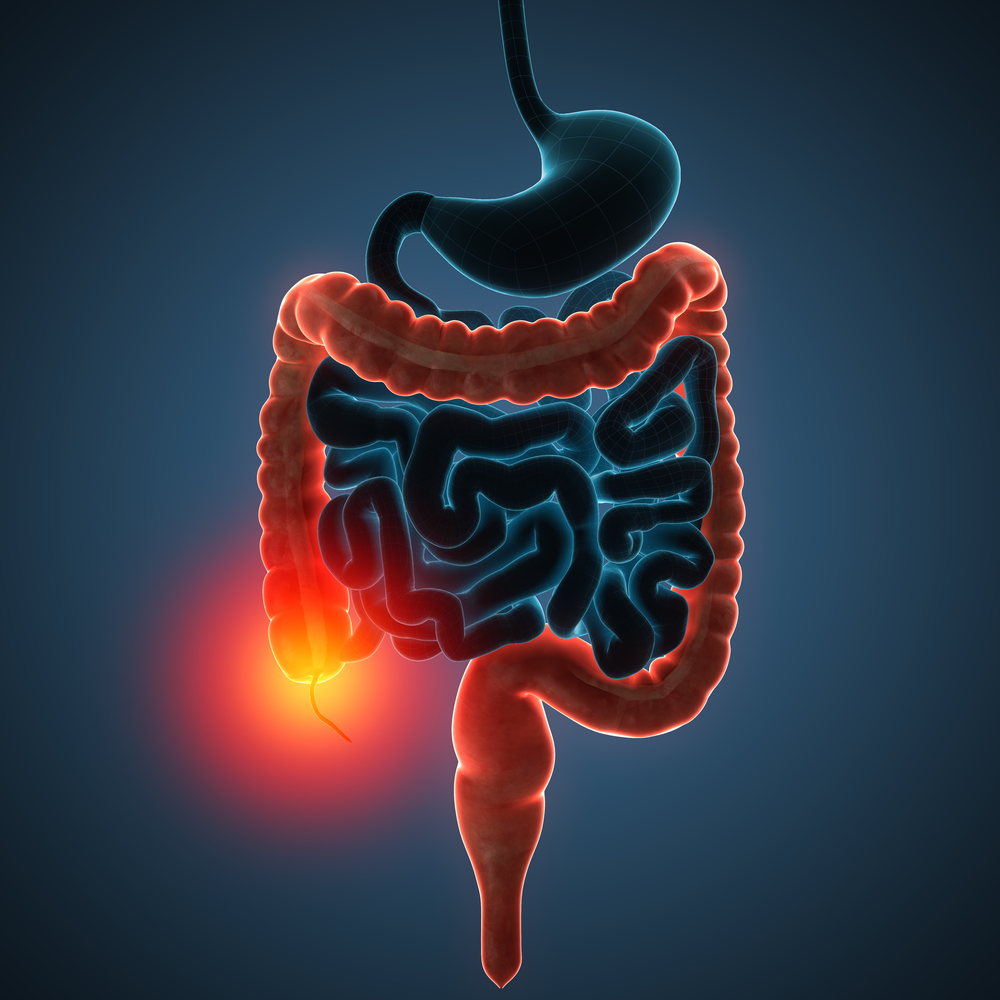
Takeda Pharmaceutical Company and Portal Instruments announced a collaboration to develop and commercialize Portal’s needle-free drug delivery device for potential use with Takeda’s investigational or approved biologic medicines. The Portal device was developed at the Massachusetts Institute of Technology (MIT) in the laboratory of Professor Ian Hunter. The technology has the potential for applications across a range of biologic medicines that currently require administration through an injection.
The first Takeda development program to potentially utilize this device will be for investigational use with Entyvio® (vedolizumab), a monoclonal antibody for adults with moderately to severely active ulcerative colitis (UC) or Crohn’s disease (CD), which is currently administered through intravenous infusion. A Phase III clinical trial program is currently evaluating the efficacy and safety of a subcutaneous formulation of vedolizumab in adults with moderately to severely active UC or CD.
“There is a need for options to keep improving the experience for patients with life-long, chronic conditions that are managed with the intravenous infusions of biologic medicines,” said Stefan Koenig, Global Program & Brand Lead at Takeda. “This partnership with Portal demonstrates Takeda’s leadership in supporting patients with GI diseases and our commitment to evolve the management of these diseases, such as inflammatory bowel disease, by potentially offering patients the ability to administer treatment in their own at home with a needle-free system.”
“Working with Takeda to adapt the Portal device underscores our mission to empower patients with a leading, next-generation drug delivery platform for self-administration that is designed to reduce the pain and anxiety associated with needle injections in addition to reducing administration time,” said Patrick Anquetil, CEO of Portal. “This partnership allows us to work collaboratively with Takeda’s highly experienced R&D team and provides the first opportunity to introduce the Portal device to patients, a pivotal step as we continue to expand its potential and grow our business.”
Portal’s needle-free drug delivery device delivers the biologic through a pressurized liquid instead of a needle, and has been clinically shown to be less painful and preferred by patients compared to a standard needle-based injection.1 This needle-free device is expected to be self-administered by patients at home.
Under terms of the agreement, Portal will receive an initial payment with the potential to earn additional payments of up to $100 million subject to achievement of specified development, regulatory and sales-based milestones and royalties.
About Entyvio® (vedolizumab)
Vedolizumab is a prescription medicine approved for adults with moderate to severe ulcerative colitis (UC) or Crohn’s disease (CD).2,3 In people with UC and CD, there’s an increased number of inflammatory white blood cells entering the mucosal lining of the bowel.4 The presence of these inflammatory cells can lead to the symptoms most commonly seen in people who have UC or CD.5,6,7 Vedolizumab is designed to reduce this inflammation by blocking the movement of the white blood cells into the inflamed gut tissue.4 Mucosal addressin cell adhesion molecule 1 (MAdCAM-1) is preferentially expressed on the endothelial lining of blood vessels in the lymphoid tissue of the bowel.8 The alpha4beta7 (α4β7) integrin is expressed on a subset of circulating white blood cells.4 Vedolizumab specifically binds to the α4β7 integrin and blocks its interaction with MAdCAM-1, therefore inhibiting the white blood cells from entering the inflamed gut tissue, thus decreasing inflammation.4
About Ulcerative Colitis and Crohn’s Disease
Ulcerative colitis (UC) and Crohn’s disease (CD) are two of the most common forms of inflammatory bowel disease (IBD).9,10 Both UC and CD are chronic, relapsing, remitting, inflammatory conditions of the gastrointestinal (GI) tract that are often progressive in nature.4,11UC only involves the large intestine as opposed to CD which can affect any part of the GI tract from mouth to anus.7,12 CD can also affect the entire thickness of the bowel wall, while UC only involves the innermost lining of the large intestine.7 UC often presents with symptoms of abdominal discomfort, loose bowel movements, including blood or pus.7,13 CD commonly presents with symptoms of abdominal pain, diarrhea and weight loss.5 The cause of UC or CD is not fully understood, however recent research suggests hereditary, genetics, environmental factors and/or an abnormal immune response to microbial antigens in genetically predisposed individuals can lead to UC or CD.7,14,15
Filed Under: Drug Discovery




